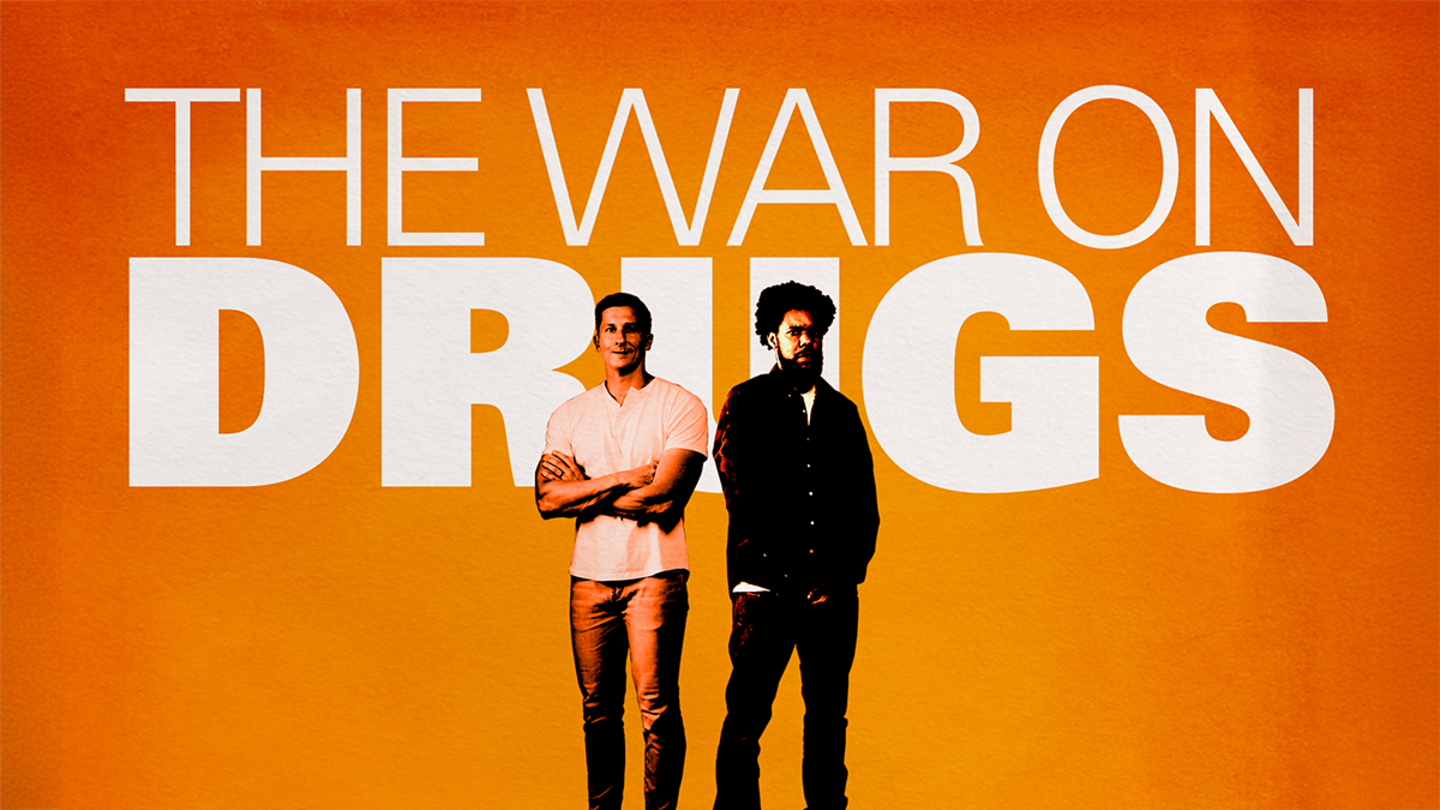America is grappling with critical issues around education, racial justice, and equal rights. These are real, high stakes challenges.
In the pages of The Chronicle of Philanthropy, nonprofit leaders including John Templeton Foundation's Heather Templeton Dill, Council on Foundation's Kathleen Enright, Doris Duke Foundation's Samsher (Sam) Singh Gill, Stand Together's Brian Hooks, Ford Foundation's Darren Walker, and Philanthropy Roundtable's Elise Westhoff offer a path for philanthropy to engage:
When it comes to issues such as race, wealth, climate, and religion, the stakes are high. And, as the stakes grow, so too do the perceived costs of engagement — or even toleration — of people, views, and ideas on the other side of ever brighter lines of division.
The result of these pressures, however meritorious and morally urgent, is that foundations and philanthropists are often expected to pledge allegiance to one or another narrow set of prescribed views.
Each of us represents foundations and individual donors with different — and strongly held — points of view on issues of fundamental importance to society. Yet together we recognize that philanthropy provides the greatest value when donors enable and encourage pluralism by supporting and investing in a wide and diverse range of values, missions, and interests.
Our country has also seen historically how funders see, support, and accelerate movements ranging from Civil Rights to marriage equality. That framework is under threat today. And this broad coalition of foundation leaders lay out five principles to keep America's independent philanthropic tradition alive, vital, and relevant:
- Recognize and affirm the right and prerogative of foundations and philanthropists to take programmatic or public stances in accordance with their best judgment.
- Behave as if foundations and individual donors who take stances with which we disagree are also committed to the betterment of society.
- Focus on substantive arguments and invite response; discourage practices such as personal or ad hominem attacks.
- Approach disagreements with respect and recognize common dignity.
- Reject efforts by anyone to circumscribe or, proscribe, or otherwise limit the programmatic prerogatives of donors or their foundations, so long as the exercise of those prerogatives conforms with the law.
Not every solution is morally equivalent, the coalition writes, "but every agenda includes a range of considerations that would benefit from the interplay among a wide range of ideas and sentiments." If foundations and philanthropists want to continue to solve thorny problems, ideas "must be forged in the fire of a dynamic and open marketplace."
Read the full commentary here. Learn more about Stand Together's commitment to addressing toxic division and bridging divides here.


